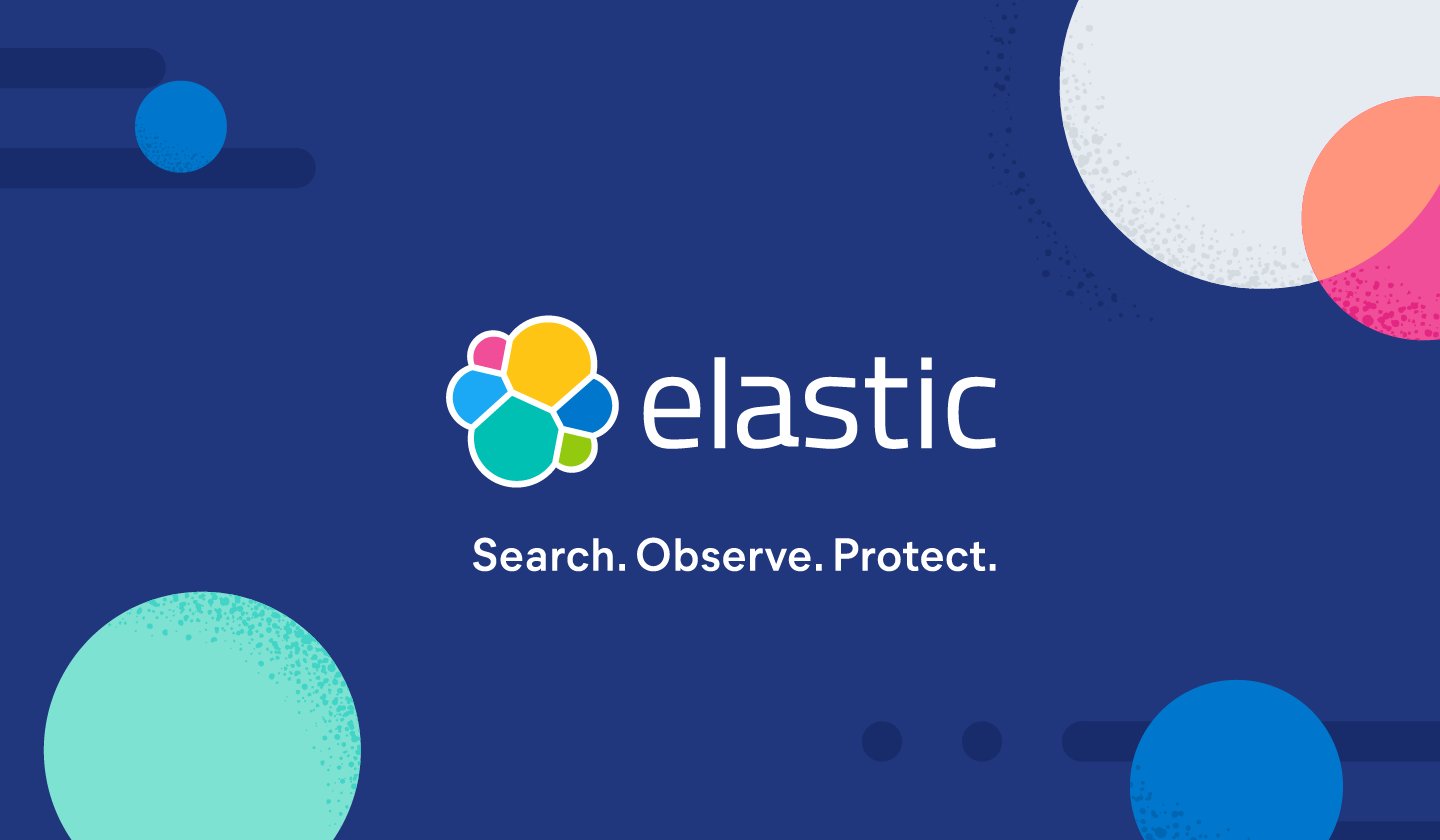Elastic recently unveiled AutoOps for Elastic Cloud, an advanced management tool from Elastic’s Opster Team that simplifies Elasticsearch cluster administration through automation, real-time insights, and optimization.
Based on Opster technology and integrated directly into the Elastic platform, AutoOps empowers users by reducing the time and expertise needed to maintain optimal Elasticsearch performance. This makes it an attractive solution for organizations reliant on search and analytics capabilities.
What is AutoOps for Elastic?
AutoOps is an intelligent tool that simplifies the management and optimization of Elasticsearch clusters. Integrated into Elastic Cloud, AutoOps provides real-time insights, performance recommendations, and automated troubleshooting to help users maintain a smooth-running Elasticsearch environment without complex administration.
Key features of AutoOps include:
- Automated Cluster Management: AutoOps monitors Elasticsearch clusters continuously, providing performance recommendations, insights into resource utilization, and cost-optimization strategies. This reduces the operational overhead typically associated with Elasticsearch administration, making it accessible to teams without extensive Elasticsearch expertise.
- Real-Time Issue Detection and Alerts: By analyzing hundreds of Elasticsearch metrics, AutoOps detects potential issues before they escalate, alerting administrators about common challenges, such as slow queries, ingestion bottlenecks, data misconfigurations, and unbalanced resource loads.
- Root Cause Analysis and Troubleshooting: AutoOps offers actionable insights by identifying the root causes of issues and providing in-context Elasticsearch commands to resolve them. Drill-down capabilities allow administrators to pinpoint the exact moment and underlying cause of an issue, streamlining the resolution process and reducing the risk of prolonged downtime.
- Operational and Performance Optimization: AutoOps offers tailored recommendations for improving performance across several areas, including query optimization, data tiering adjustments, and shard management. These recommendations support better resource utilization and potentially reduce hardware costs.
- Cost Efficiency: AutoOps helps organizations manage and optimize hardware costs by identifying underutilized nodes and recommending changes to data structures.
- Seamless Integration with Elastic Cloud Ecosystem: AutoOps integrates with communication and incident management tools such as Slack, MS Teams, PagerDuty, and OpsGenie as part of the Elastic Cloud ecosystem.
The new capabilities are currently available in select Elastic Cloud regions, and coverage is planned to expand. AutoOps is also expected to support Elastic Cloud Serverless and eventually be available for self-managed Elasticsearch users.
ANALYSIS
AutoOps is the result of Elastic’s acquisition of Opster in November 2023, less than a year ago. At the time of the acquisition, Elastic said it planned to integrate AutoOps’ features into its Elastic Cloud offering to make Elasticsearch more fully managed and easier to operate. With this announcement, the company has done just that.
With AutoOps, Elastic makes Elasticsearch more user-friendly and cost-effective, answering the widespread challenges related to the platform’s administration complexity. AutoOps lowers the barrier to effective Elasticsearch usage, potentially expanding its appeal to a broader audience, including organizations that may have previously hesitated to invest in Elasticsearch due to administrative complexity.
AutoOps is a significant advancement in Elasticsearch management, providing real-time insights, automation, and optimization within the Elastic Cloud platform. As coverage expands and features evolve, AutoOps will continue to simplify cluster management, improve performance, and reduce operational costs. AutoOps is an enhancement worth considering in both cloud and on-premises environments for organizations seeking scalable, high-performance search and analytics solutions.




